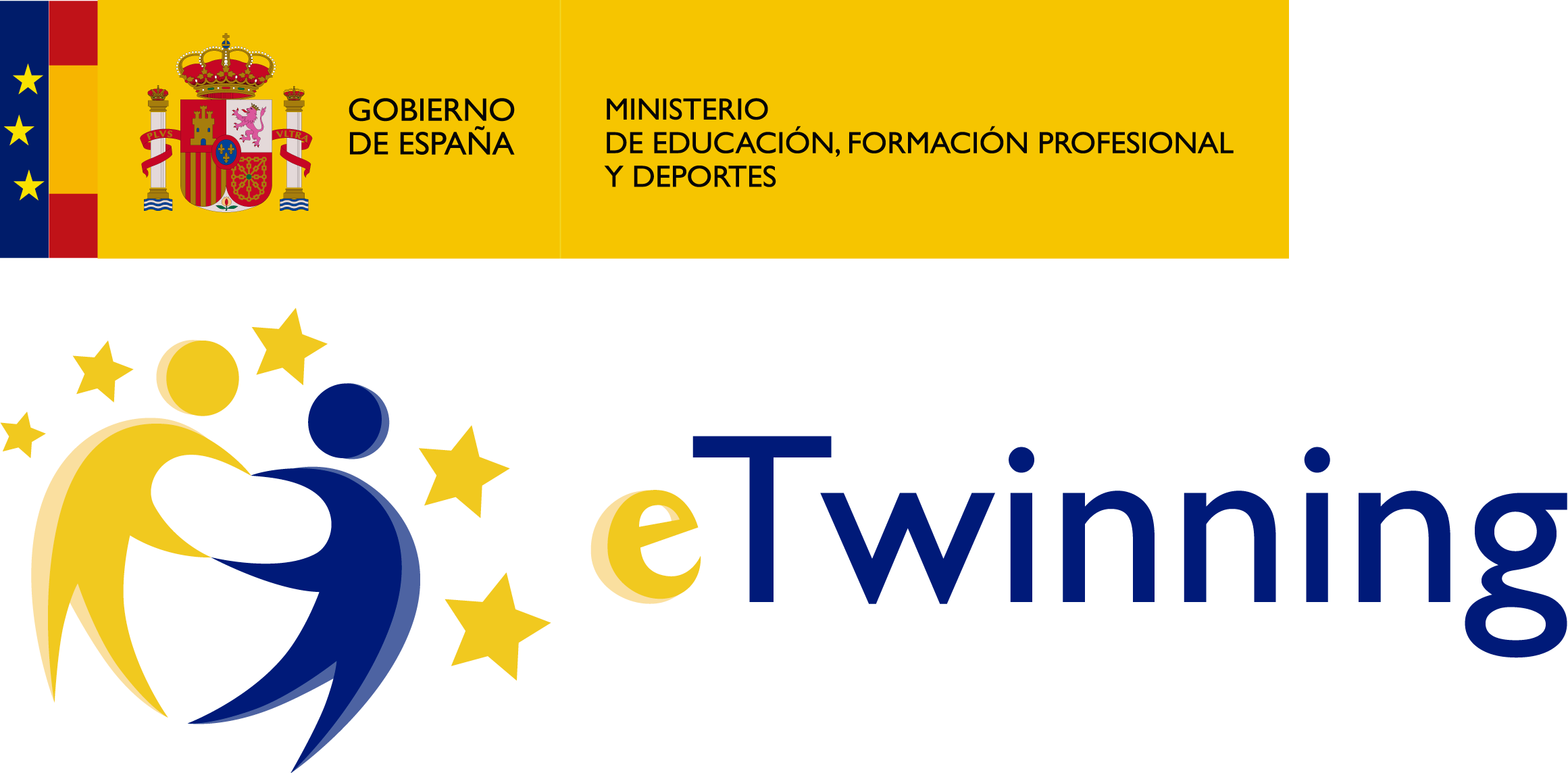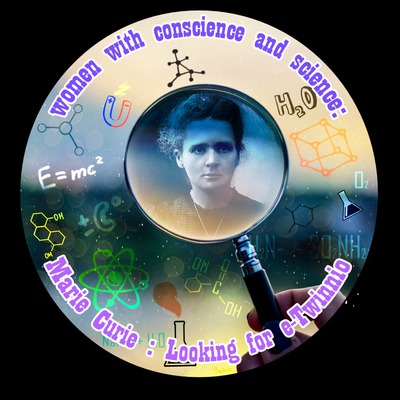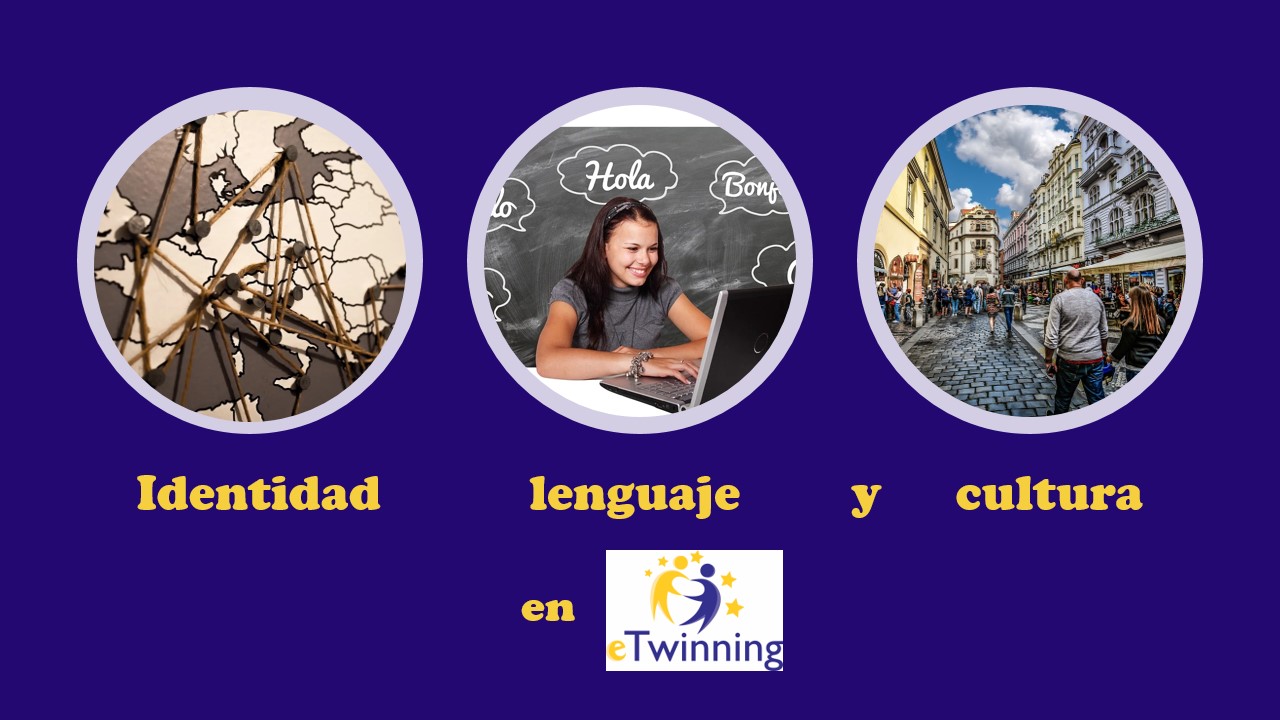eTwinning and STEM
Surely by now you’ve heard the term STEM used more than once, you might even be familiar with it. But, do you know how you can integrate this approach into eTwinning?
We live in a society where science, technology and mathematics play a fundamental role. This importance is valued by society, as stated in the reports on the Social Perception of Science and Technology in Spain that the FECYT has been preparing since 2002. Specifically, in the last six years there has been a 60% increase in the interest generated by subjects of a scientific and technological nature. Similarly, most people see science and technology positively. However, these reports also reflect the fact that almost half of respondents considered their scientific training to be low or very low. In addition, in recent years there has been a decrease in the number of pupils choosing science courses at university. On the other hand, the great (and not so great) challenges in the world are complex and involve linking and adopting different types of knowledge from various fields. Or put another way, they are interdisciplinary problems that consequently need an interdisciplinary approach and resolution.
TAll these circumstances, which science presents to us every day and which are appreciated by the public ‑ inadequate scientific training, decrease in the number of students who choose a science course and interdisciplinary problems ‑ highlight the need to focus on science education from a new perspective.

The STEM approach (Science, Technology, Engineering and Mathematics) has emerged in this context. It has arisen from the need to develop different subjects from an integrated approach; faced with the need to not only train future scientists, but to train inhabitants capable of facing the challenges of an increasingly complex society. Responding to this need is becoming one of the main priorities of education policies in many countries and numerous proposals and initiatives are therefore being carried out with the aim of working on the STEM competency in the classroom
CScience, Technology, Engineering, Mathematics … Isn’t something missing? Of course! Creativity! This approach couldn’t be developed without the inventiveness and imagination that are needed to design an experiment or project, or an application … So lately, when carrying out and developing these proposals and initiatives, we no longer stalk about STEM, but STEAM, where ‘A’ represents the inclusion of the artistic approach that is so necessary in any innovation process.

We’re talking about subjects with many points in common, where the integrative approach among them all seems obvious. However, these subjects are given separately in formal teaching. So how can you work on the STEAM competency in the classroom? The answer is clear, right? eTwinning!! There are many, varied options that eTwinning offers (working groups, project development kits …) and many teachers who are taking advantage of them. There are many alternatives from pre-school education to high school. Among them, we’d like to highlight the following
- Young scientists.Winning project in the Marie Skłodowska Curie Prize. Founding members: Fina Vendrell Vila (Catalonia) and Natasha Djurkova (Bulgaria).
- ¡Química hasta en la sopa! Award winning project in Spanish. Founding members: Ángela Lupo (Italy) and Carmen Hernández (France).
- AIMS Alternatives for Innovative Math Study. Award winning project in English. Founding members: Irina Vasilescu (Romania) and Nicolas Houpert (France). Project coordinator: Valentina Cuadrado Marcos.
- We run, we learn. Winning project in eTwinning Italy National prize. Founding members: Florenci Sales Vilalta (Spain) and Enrica Maragliano (Italy).
- Physical awareness. Founding members: Florenci Sales Vilalta (Spain) and Enrica Maragliano (Italy).
- eTwinning Kit. Physical awareness
- STEM Group, administered by Rafael Montero, teacher at Corazón de María School (Gijón, Spain).
- Science Experiments with Simple Materials, administered by Greek teacher ManolisKousloglou.
The STEM approach is making inroads in the educational world. It seems logical since, in everyday life, the knowledge, situations and problems that we face aren’t separated into subjects. eTwinning offers numerous options to work on this approach in the classroom, either through collaborative projects focused on promoting the role of pupils, motivating them, arousing their curiosity, making them ask questions … or in STEM subject groups offered. At the NSS we invite you to discover all these resources, to take the ideas you consider appropriate and to get started on eTwinning-STEM.

Image source:
Recommendations







Reglamento de protección de datos (información básica)
En cumplimiento de la normativa de protección de datos personales, le informamos de que sus datos serán incorporados al tratamiento denominado “eTwinning participación”, cuya finalidad es la participación en el proyecto de colaboración europeo eTwinning.
Puede usted ejercitar los derechos de acceso, rectificación, oposición, supresión (“derecho al olvido”), limitación de tratamiento y portabilidad y a no ser objeto de decisiones individuales automatizadas que sean de aplicación de acuerdo a la base jurídica del tratamiento. Podrá hacerlo en la sede electrónica del ministerio (http://www.educacionyfp.gob.es/servicios-al-ciudadano-mecd/catalogo/educacion/varios/proteccion-datos.html), presencialmente en las oficinas de registro o por correo postal.
Al rellenar y enviar este formulario usted concede su consentimiento inequívoco para el almacenamiento de sus datos en nuestros ficheros tal y como se especifica en nuestras normas de privacidad.
Normas de privacidad
NOMBRE DEL TRATAMIENTO
eTwinning participación.
FINALIDAD
Participación en el proyecto de colaboración europeo eTwinning.
RESPONSABLE
Dirección General de Evaluación y Cooperación Territorial del Ministerio de Educación y Formación Profesional
C/ Alcalá, 34; 28014-MADRID.
DELEGADO DE PROTECCIÓN DE DATOS
Subdirección General de Atención al Ciudadano, Documentación y Publicaciones.
c/ San Agustín 5, 28014-MADRID
dpd@educacion.gob.es
PLAZOS O CRITERIOS DE CONSERVACIÓN DE LOS DATOS
Sus datos se conservarán durante el tiempo necesario para la tramitación y respuesta de su solicitud. Además, será de aplicación lo dispuesto en la normativa de archivos y documentación.
DECISIONES AUTOMATIZADAS
No se realizará toma de decisiones individuales automatizadas basadas en la información que usted nos proporciona.
PLAZOS O CRITERIOS DE CONSERVACIÓN DE LOS DATOS
Sus datos se conservarán durante el tiempo necesario para la tramitación y respuesta de su solicitud. Además, será de aplicación lo dispuesto en la normativa de archivos y documentación.
LEGITIMACIÓN O BASE JURÍDICA DEL TRATAMIENTO
El tratamiento es necesario para el cumplimiento de una obligación legal aplicable al responsable del tratamiento, artículo 6.1e) del RGPD, Reglamento UE 2016/679, y en la Ley 8/2013, de 9 de diciembre, para la mejora de la calidad de la enseñanza.
DESTINATARIOS
Departamentos de Educación de las CC.AA que llevan proyectos europeos, para distintas gestiones, como la tramitación de permisos ausencia del centro, envío de información relevante, etc.
DERECHOS
Puede usted ejercitar los derechos de los artículos 15 al 22 del RGPD que sean de aplicación de acuerdo a la base jurídica del tratamiento. Podrá hacerlo en la sede electrónica del ministerio, presencialmente en las oficinas de registro o por correo postal.
AUTORIDAD DE CONTROL
La autoridad de control en materia de protección de datos personales es la Agencia Española de Protección de Datos (http://www.aepd.es).
CATEGORÍA DE DATOS PERSONALES
Los datos personales que se tratarán son los que figuran en el formulario que usted nos proporciona.